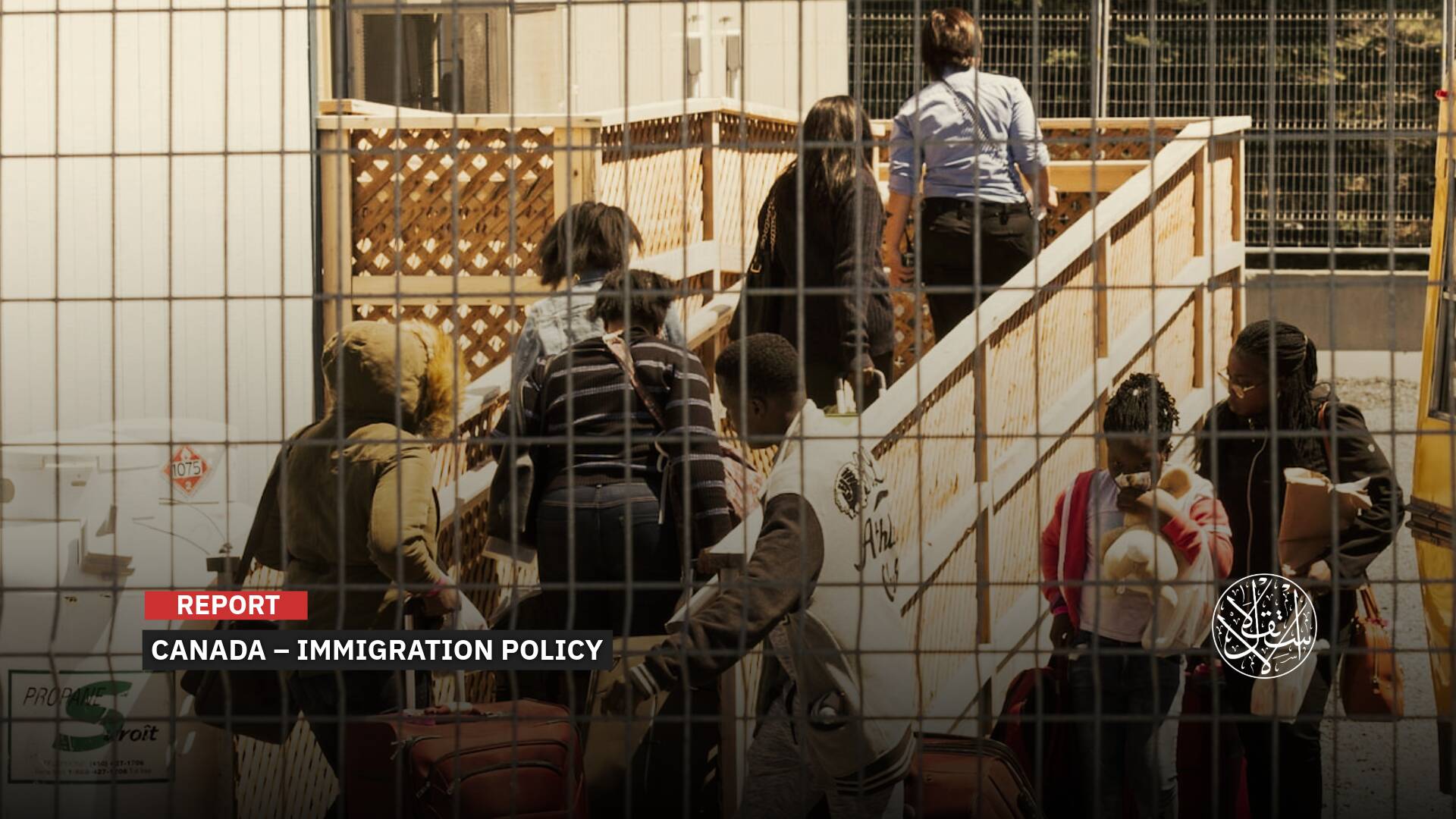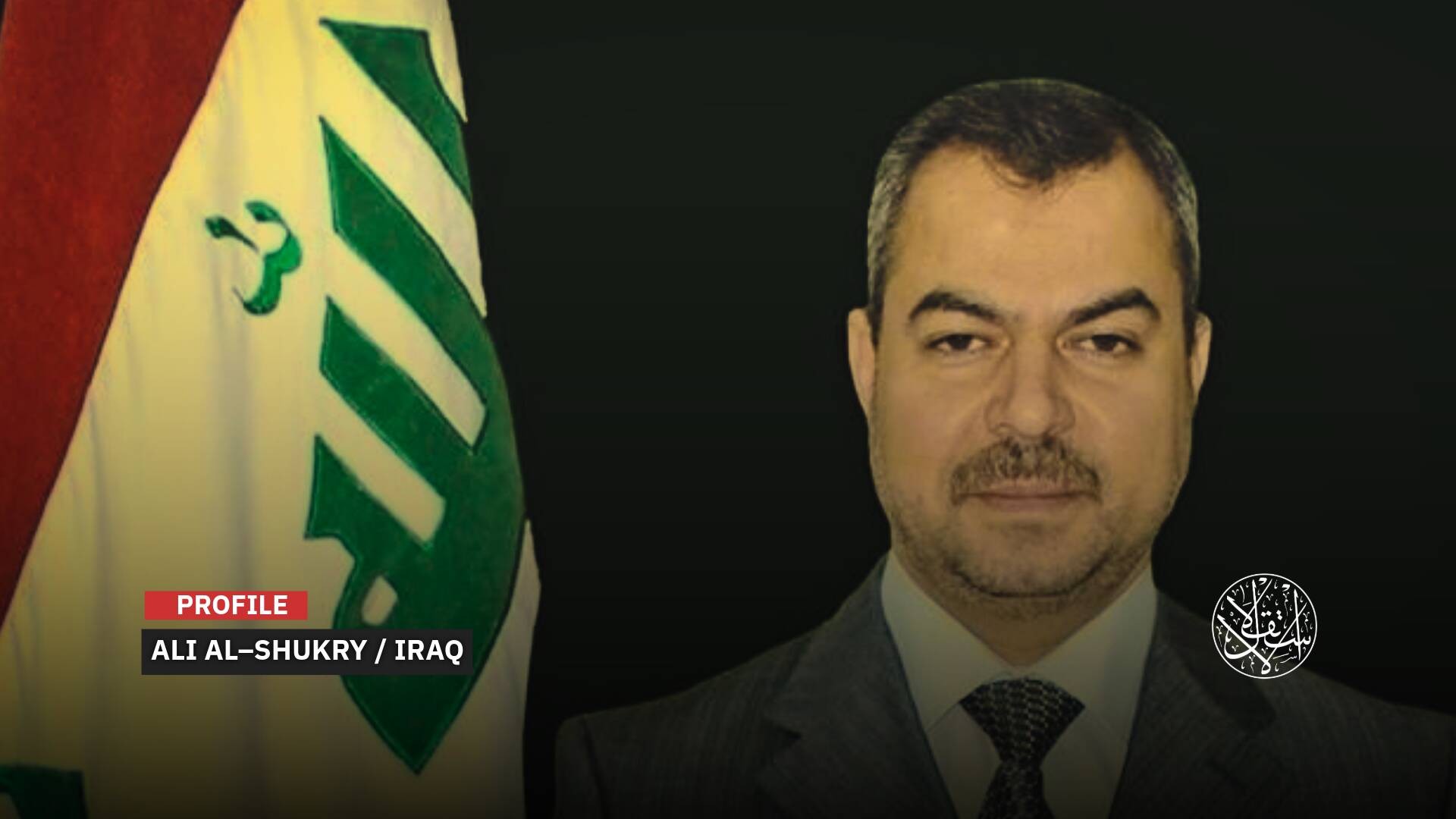Despite Being Subjected to Racism in Germany, Some Turks Are Still Promoting It Inside Turkiye

While the opposition leaders in Turkiye promote hate speech and racism against Arabs, they become the victims when it comes to the German community.
The Mevlana Mosque in the German city of Barnstorf was racially attacked by unknown extremists, who left a message of hatred and racism against Muslims and Turks.
The letter, signed with NSU 2.0, which symbolizes the secret National Socialist Terrorist Organization (NSU), read: "We will kill all of you, Turks."

The Mevlana mosque was also the target of attacks in April, and a racist, threatening message was sent to it.
In Germany, where racist threats are frequent, there were 662 attacks targeting Muslims and mosques last year.
In October 2020, German police stormed the same Mevlana Mosque, one of the oldest mosques in the German capital Berlin, and the operation coincided with Muslims performing dawn prayers, during which police officers stepped on prayer mats with their shoes, drawing criticism from Muslims and the mosque's management.
Turkish President Recep Tayyip Erdogan condemned the incident, saying it was "racist, anti-Islamic and brings Europe closer to the Middle Ages."
The head of religious affairs, Professor Ali Arbash, said: "Especially in Europe, we are witnessing that the language of hatred resulting from Islamophobia is also supported by official authorities. This discriminatory and disrespectful treatment against Muslims cannot be accepted under any pretext."
In recent years, Germany has seen an escalation of the phenomenon of "Islamophobia" due to the propaganda machine of far-right movements and parties in the country.
With a population of 81 million, Germany has the second largest Muslim population in Western Europe after France, with 4.7 million Muslims, including about 3 million of Turkish origin.

Largest Community
The Turkish community in Germany is the largest for Turkiye abroad and the largest among the foreign communities in Germany, with more than 3 million out of 15 million Turkish immigrants.
In Europe, in general, Turks top the list of the largest communities on the continent, with numbers exceeding 6 million immigrants, while studies indicate an increase in Turkish immigration rates to Europe by 20% since 2018, as confirmed by the Turkish Statistical Authority (TÜİK).
This significant increase has raised the concern of the far right and populist current, which directed all their efforts to counter this growth in various ways.
Racism against Turks has become an almost daily approach within German society, with the rise of influence of the far right, which views immigrants in general as inferior outliners that necessitate confronting and planning to remove them from the Germans.
The head of the Center for Turkish Studies and Migration Research at the University of Duisburg-Essen, Haji Khalil, believes that German Turks suffer from exclusion and racism, pointing out in a poll he conducted, within a comprehensive study that about "8 out of 10 participants of Turkish origin, said that they are subjected to a hate incident at least once a year. Of course, this number is very high."
Khalil revealed that despite the developments of the past six years, in order to narrow the gap between the Turkish-German community and the rest of society, there is a clear discrepancy when talking about religion and cultural and historical identity, which reinforces the Germans' extreme view of Turks in general.
The pages of history record dozens of racist crimes committed against Turks in Germany, based primarily on murder and arson, beginning in October 1991 when a 19-year-old Turkish man was killed by young Germans in Berlin, one of whom was sentenced to 3 years and 9 months in prison.
A 2019 report by the Amadeu Antonio Foundation, which works in the field of countering the far right, revealed that more than 3,300 crimes had occurred, of which 745 were racially motivated by the far right, and most of the crimes committed centered on arson and terrorism, which led to the deaths of more than 200 people during the period 1990-2020.

From Victim to Racist
The Victimization of the Turkish minority in Germany has a total counterpart within the Turkish community inside of Turkiye.
Several opposition leaders and parties promote hate speech against Arabs and Syrians, in particular, to the extent of provoking people to harm them.
Adding to the crisis, prejudices, and misinformation against refugees justified the hate speech of its practitioners until it reached the daily lives of Syrians.
Over the past two years, Syrian refugees have been the most targeted category of "incitement and hatred" operations, which have steadily and unprecedentedly increased.
This came at a time when Turkiye entered difficult economic conditions due to Covid-19 and the Ukraine war, coinciding with the emergence of opposition parties demanding their return to Syria and that Arabs are "the cause of everything that is happening."
While this circle remained within the borders of these Syrians only, it quickly expanded as the said currents continued their incitement operations and campaigns, especially by prominent figures, such as the leader of the Victory Party, Umit Ozdag, and others.
It has been remarkable since the beginning of July that "hate incidents" have escalated significantly, as in addition to the three incidents mentioned earlier, other incidents have been recorded, and although they happened at different times and places, they all carry the hate speech fingerprint of the Turkish opposition.
Reem, a university student at Gaziantep University, used to go to Tramway as a means of transport to get to her university.
In press statements, Reem says that she was browsing her phone, which is not considered a modern or expensive phone as she describes, when a young Turkish man standing next to her, addressing his friend, said, "Look at her phone, these are the Syrians coming from the war receiving aid and carrying better phones than ours."
Reem adds that the conversation developed between the two young men to describe Syrians in insulting terms to the ears of all passengers, assuming that she did not understand their words in Turkish.
"Their talk shocked me that made me not know what to do," said Reem, adding: "I was confused, I thought I would confront them and tell them that I understood their words well, and then I backed down after I was afraid that more passengers would rally against me, everyone had already heard them, yet no one moved a finger."
After this situation, Reem confirms that she avoids speaking Arabic in transportation or showing anything that indicates that she is Syrian in order to ensure that she goes to the university and returns without harassment.











